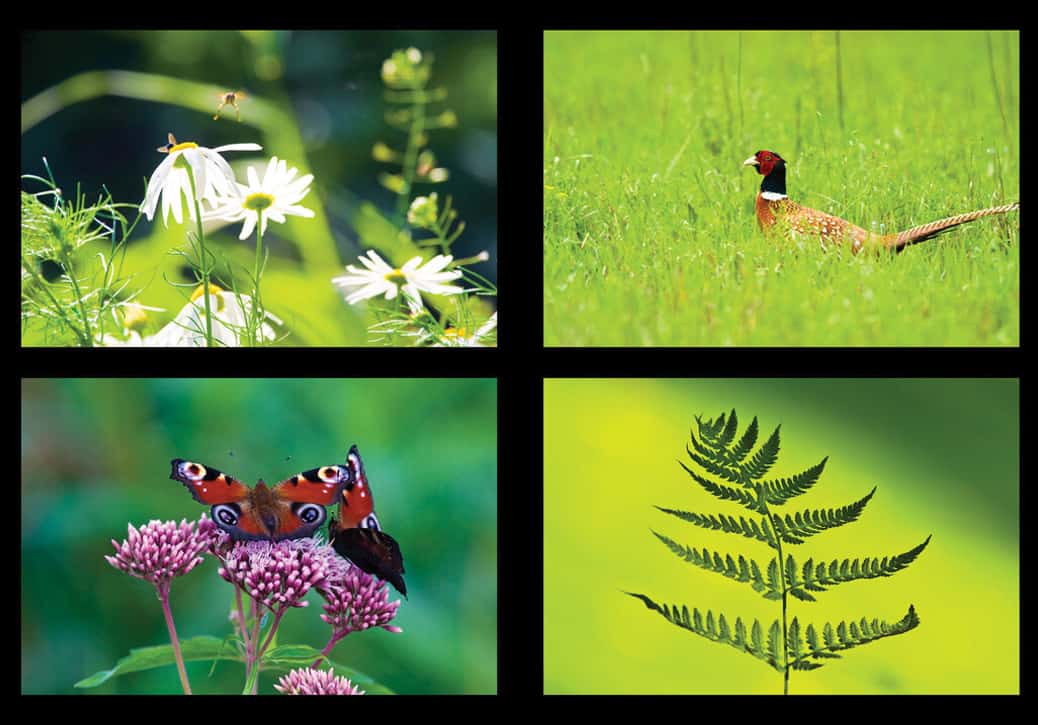Falling out of love with nature?
In a new opinion paper, a team of Japanese researchers argue led by Masashi Soga found that biophobia—the fear of nature—is a growing phenomenon that seems to be increasing with mass urban development.
Contrary to the positive effects that being outside in nature has on people’s well-being biophobia comes from a fear that being in nature is painful and should be avoided. This attitude only sets the stage for influencing the behaviours of family friends and community but delivers a greater feeling of disconnection and indifference.
Pointing to the potentially damaging long-term consequences, the author also notes that those who are biophobic are less likely to support conservation efforts, wildlife safety and environmental issues. Calling for creative solutions, especially where accessing green spaces is difficult, Soga suggests virtual reality can play a role as can naturalist guided walks, gardening, and enhanced school programs.
Healthy enough to fly?
We’ve all heard stories of crew shortages and talk of raising mandatory retirement age for pilots which seems to differ in various countries. Is making pilots retire ageism or just good common safety sense? Currently the mandatory retirement age for pilots suggested by International Civil Aviation Authority (ICAO) is 65 with a clean bill of health. However, there’s a push to keep them in the air until at least age 67 and, perhaps beyond.
Research proves shows the impact of long working hours and shift work on sleep patterns and stress. And, while motor skills and overall physical vitality diminish with age, says one commercial airline pilot, its often the red eye trips and time away from home that have the most disruptive impact on not only day to day health and well-being but also on his regular fitness routines.
The solution, according to some, a health, not age based, retirement plan and perhaps greater interest by the airlines in utilizing senior pilots in training and certification rather than in the cockpit.














